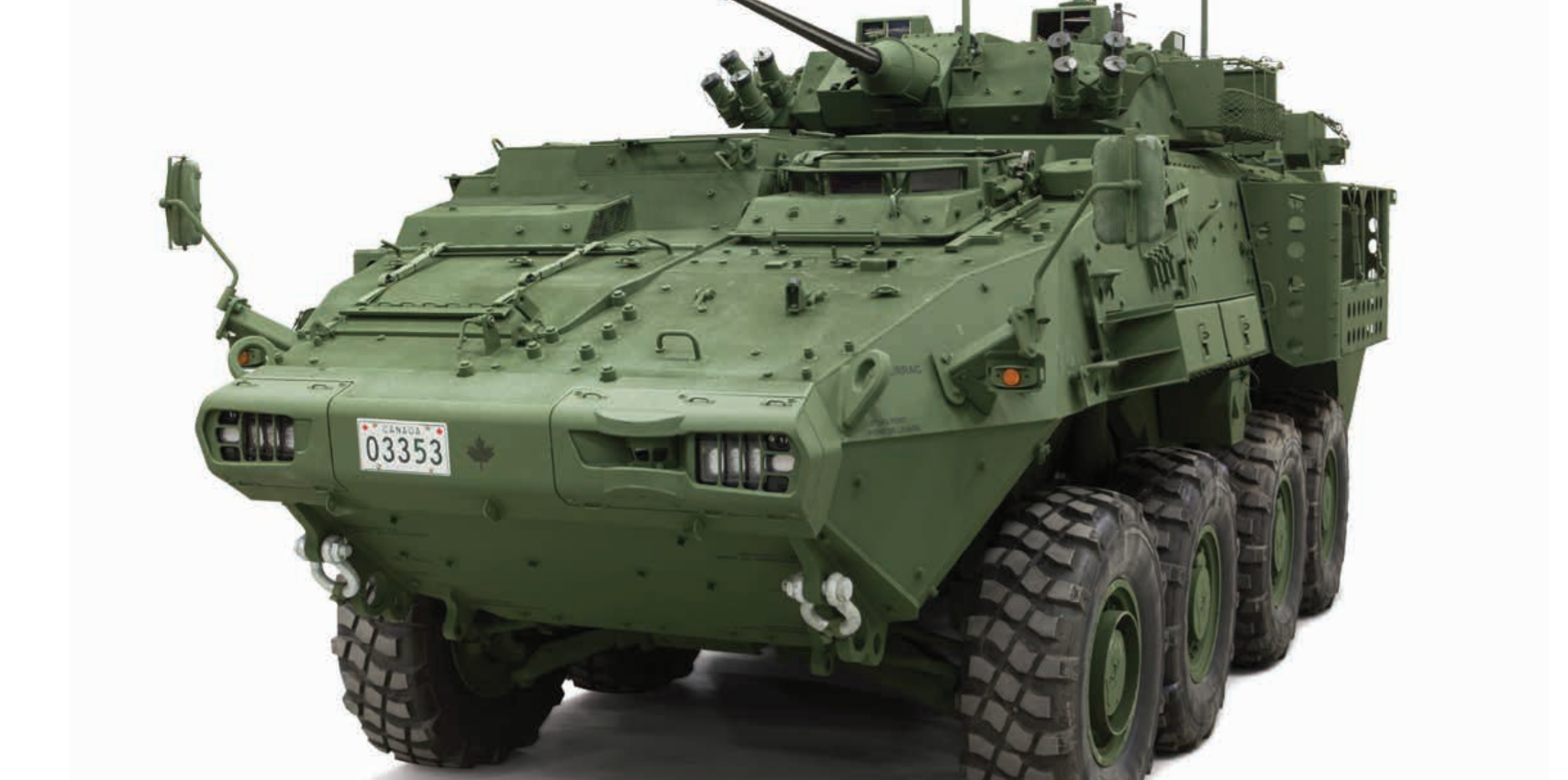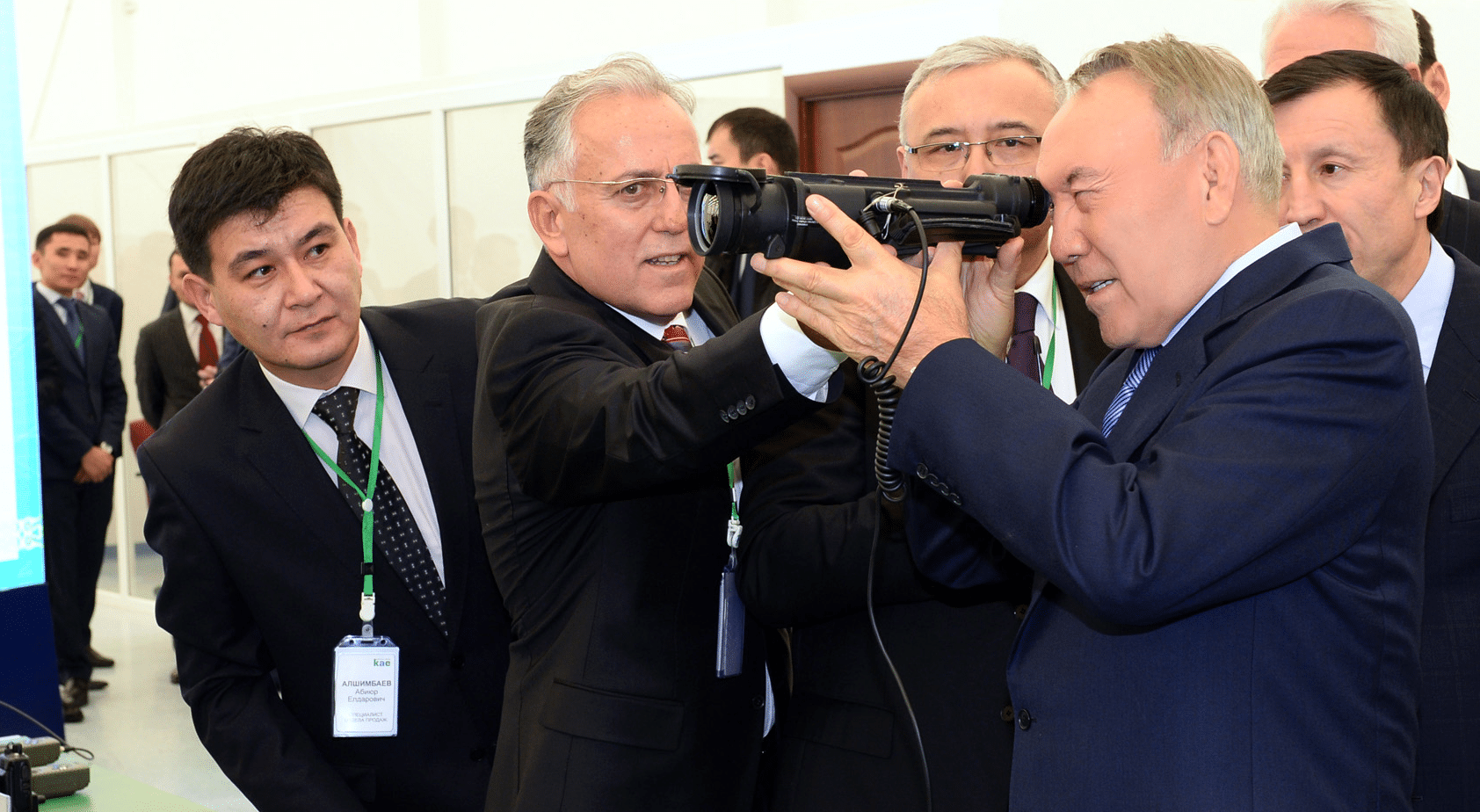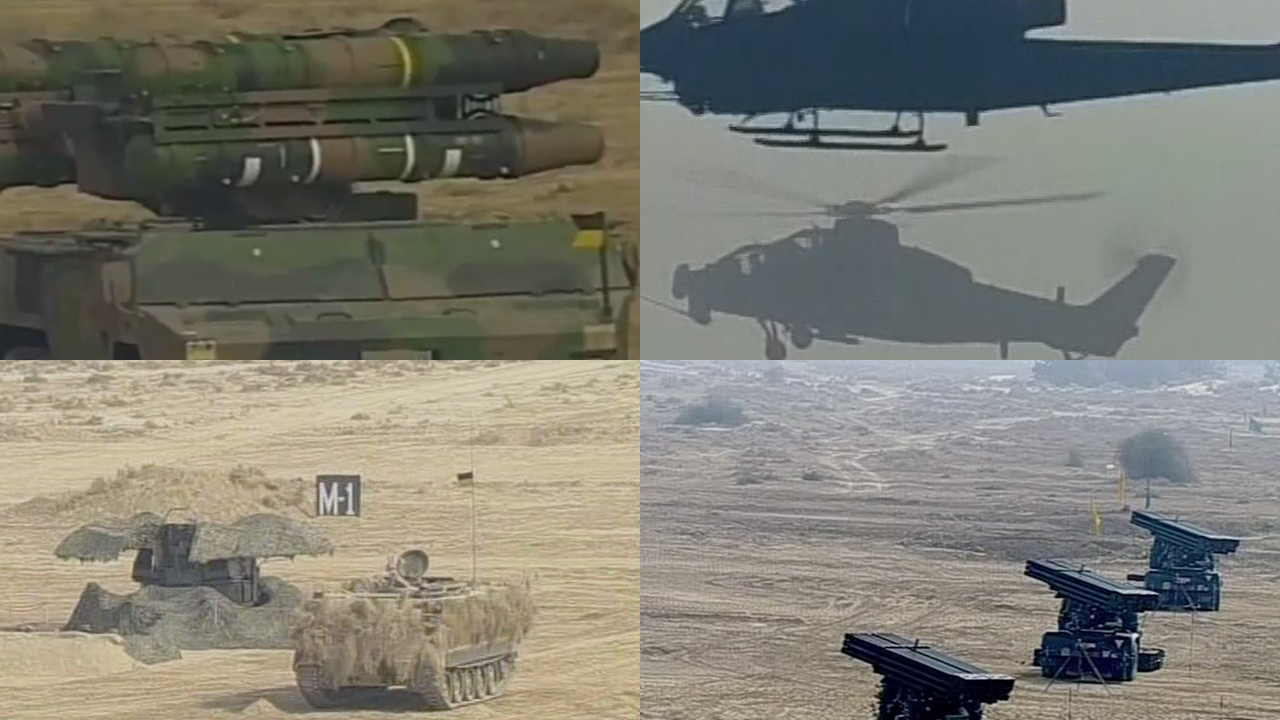2786Views 0Comments

Federal Court of Canada will decide on GDLS LAV sale to Saudi Arabia
The Federal Court of Canada will decide whether to greenlight or block a CAD $15 billion sale of armoured fighting vehicles (AFV) to Saudi Arabia.
Described by The Global and Mail as “the largest advanced manufacturing export contract in Canadian history” the AFV deal with Riyadh was finalized by Canada’s previous government, which was led by the Conservative Party of Canada under then-Prime Minister Stephen Harper.
Announced in 2014, the $15 billion sale – with General Dynamics Land Systems (GDLS) as the principal contractor – would keep 3,000 Canadians employed for 14 years. For the Harper government, this was to be a major policy achievement, be it Harper’s push for “economic diplomacy” (i.e. using private sector players to help further foreign policy aims) or backing of Canada’s manufacturing industry.
In November 2015, the Liberal Party of Canada, under the leadership of Prime Minister Justin Trudeau, was sworn in as Canada’s new government. Interestingly, the Liberal government upheld the Saudi deal, and in turn, drew considerable criticism from human rights advocates as well as legal entities arguing that the sale contravenes Canada’s defence export controls.
In January 2016, Canada’s Minister of Foreign Affairs, Stéphane Dion stated (to CBC): “We’ll review the process by which these contracts are assessed in the future. But what is done is done and the [Saudi AFV] contract is not something that we’ll revisit.”
The deal is now on the table of Federal Court Justice Danièle Lamer-Tremblay, who is currently hearing arguments from the government and the deal’s opponents in Montreal (The Globe and Mail).
Principally, the government’s legal team is arguing that Foreign Affairs Minister Dion had the authority to approve the sale. In fact, the government’s case is being pushed from the angle that Mr. Dion possessed “broad discretionary power” to approve such contracts. In other words, the government is choosing not to base the validity of the deal on Riyadh’s human-rights record.
The opposition, led by University of Montreal law professor Daniel Turp, is arguing that the sale clearly violates Canada’s own defence export controls to countries engaged in evident human-rights violations, especially when the system in question could potentially be used to perpetrate those violate (Saudi armoured vehicles were used to suppress protests in Bahrain).
Notes & Comments:
In June 2016, the Toronto Star learned that the Saudi AFV deal includes an “onerous” penalty fee for the party cancelling the contract. The Harper government agreeing to this was apparently critical to helping GDLS secure the deal instead of German or French vendors. From a purely economic angle, the Trudeau government would be liable for the loss of work and an additional (and significant) fee should it cancel the deal. With Canada’s foreseeable economic prospects far from ideal, it would not be surprising if the government sees the failure of this contract as a threat to the confidence (or remaining confidence) it has from the Canadian manufacturing industry, if not Canada’s business circles in general.
Specifics of the Canadian-Saudi AFV sale are not known. In 2011, the U.S. State Department approved a $263 million U.S. sale of 73 GDLS Light Armoured Vehicles (LAV). Inflation notwithstanding, if the AFV purchase from Canada maintains the average $3.6 million U.S. unit price, Canada may have secured a sale of approximately 3,000 identical LAVs to Saudi Arabia. As per The Globe and Mail, Saudi Arabia’s LAVs will also come with 105 mm guns and anti-tank guided missiles.
The possible collapse of the Saudi-Canada AFV deal will open the door for other competitors, especially South African, Ukrainian, Russian, and Chinese vendors, which could certainly compete in cost and transfer-of-technology, the latter enabling Saudi Arabia’s local industry to benefit from the program.


